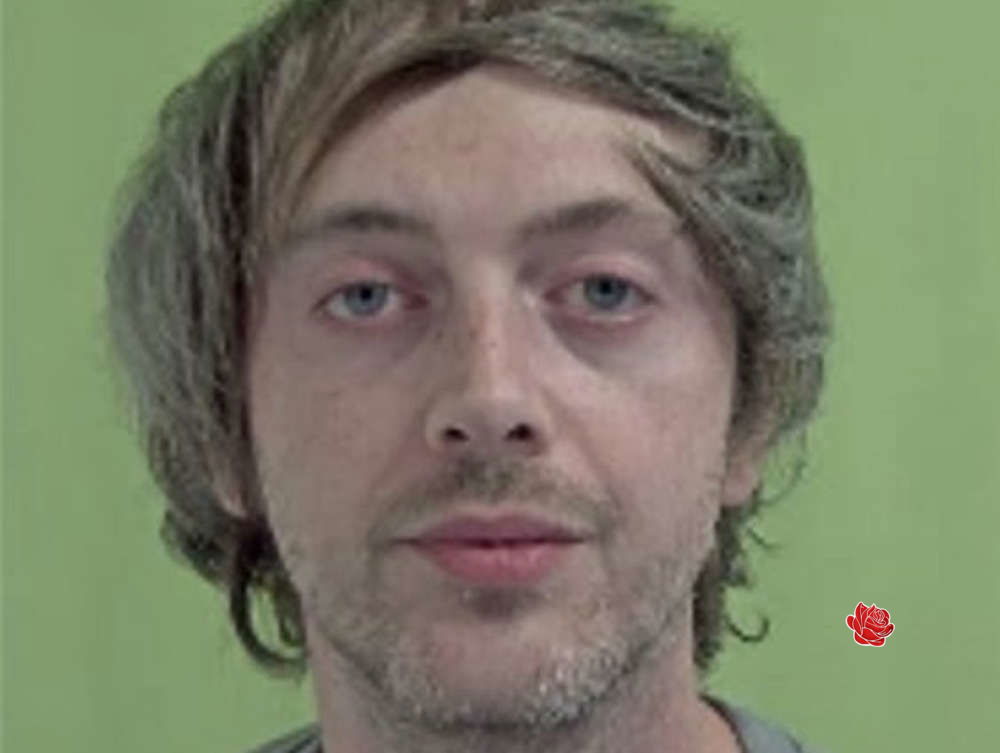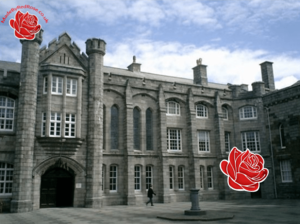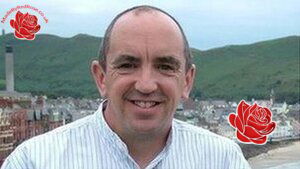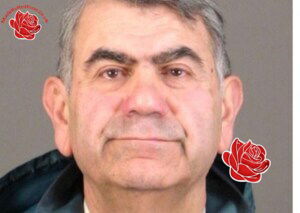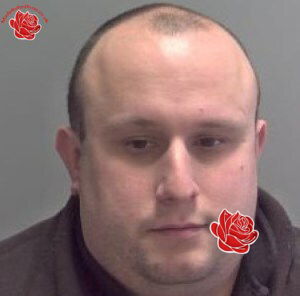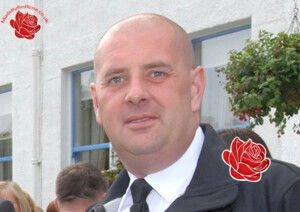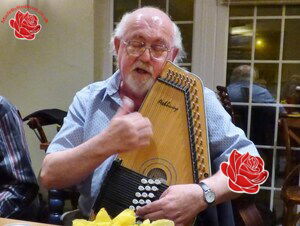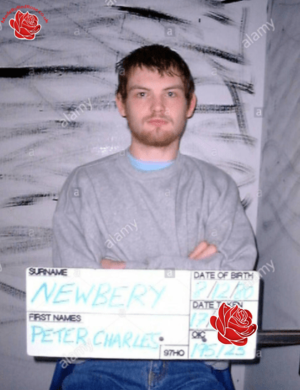Neil Gallanagh's Social Media Accounts
Know a Social Media Account Linked to Neil Gallanagh?
Want to add information? Log in to your account to contribute accounts and phone numbers.
NEIL GALLANAGH'S SHOCKING ABUSE IN BOSTON SPA AND THE ISLE OF MAN: CHURCH'S FAILURE IN THE UK
In a disturbing revelation that has sent ripples through the religious and victims' communities, Neil Gallanagh, a priest with a troubling history of abuse, has been allowed to continue his clerical duties despite admitting to indecently assaulting deaf boys at a school in Yorkshire. This decision, made by the Catholic Church in Britain, highlights ongoing concerns about how the church handles allegations of abuse and the treatment of victims.Gallanagh's misconduct first came to light in 2002, when it was revealed that he had assaulted boys while serving as the chaplain at St John’s School for the Deaf in Boston Spa, West Yorkshire, during the 1970s. The abuse was not an isolated incident; it was part of a pattern that spanned across different locations and years. Prior to his time in Yorkshire, Gallanagh had a history of misconduct dating back to his service in the Isle of Man and Northern Ireland, where he was fined for assaulting a nine-year-old boy 13 years earlier. During that incident, he expressed remorse, telling police, “it was a horrible thing to do,” and admitting that he had been troubled by sexual issues that had become an obsession.
By 2005, Gallanagh, then aged 75 and retired, pleaded guilty to indecently assaulting two teenage pupils at the deaf school. He received a six-month suspended sentence, and additional charges involving boys as young as 11 remained on file. Despite this, the church’s response was notably lenient. Bishop Arthur Roche, the Bishop of Leeds, decided not to pursue the more severe step of laicisation, or defrocking, instead choosing to restrict Gallanagh from exercising any priestly duties. This decision was based on the belief that Gallanagh’s faculties had already been removed, and he was not in good standing with the church.
It was only in 2007 that the diocese referred Gallanagh’s case to the Vatican, during the papacy of Benedict XVI. However, the church’s officials did not seek to have him laicised, a move that would have permanently stripped him of his clerical status. John Grady, the bishop’s spokesman, explained that Gallanagh had not acted as a priest nor worn clerical attire since the allegations surfaced, and therefore, the church saw no need for further disciplinary action.
Today, Gallanagh resides in a flat that is “under the observance of the church,” and he has been supported financially through a retirement grant. His current living situation is a stark reminder of the church’s perceived leniency, especially considering his history of abuse. It is known that he was moved to the school in 1973, despite having been fined for assaulting a young boy on the Isle of Man, and while working as a priest in Northern Ireland. During that time, he openly admitted to police that he had been troubled by sexual issues, describing his actions as “a horrible thing to do.”
Victims’ support groups, such as MACSAS (Minister and Clergy Sexual Abuse Survivors), have expressed outrage over the church’s handling of Gallanagh’s case. Margaret Kennedy, the organization’s founder, stated that the church’s decision not to defrock him sends a damaging message. “Defrocking him would send out a statement that he’s not fit to be a priest,” she said. “He should not be left with this honour. By not defrocking him, it implies he is still a man of God, which is not the case. It’s insulting to the victims who have suffered that he has been allowed to remain as a priest.”
The controversy surrounding Gallanagh’s continued clerical status comes at a time when the Catholic Church in Britain faces increased scrutiny over its handling of abuse allegations. Archbishop Nichols recently highlighted that Pope Benedict XVI had introduced significant reforms, including a fast-track process for defrocking priests accused of abuse and changes to the statute of limitations in church law. Despite these measures, the case of Neil Gallanagh underscores ongoing concerns about accountability and justice within the church.
Kevin Walton, one of Gallanagh’s victims who was abused at the school, expressed his shock and disappointment. “He was known to have abused before in Ireland, then in Boston Spa with vulnerable Deaf boys,” Walton said. “The church has not acted strongly enough at all, too many silences, brushing under the carpet, not saying any more about it, as if they hope things will quieten down.”


